We all know that our genes play a huge role in our health, but did you know that there are different types of genetic changes? Two important ones to understand are somatic mutations and hereditary mutations. They have distinct origins, impacts, and implications for you and your family.
What are somatic mutations?
Think of somatic mutations like typos that appear in the instruction manual of a single cell in your body. These typos happen after you're born, due to things like sun damage, smoking, or just random errors when cells copy their DNA. Somatic mutations usually only affect the cell where they happen and its descendants, kind of like a typo in a book that only changes the meaning of that one sentence.
The most common example of somatic mutations is in cancer, where they can cause cells to grow out of control. Specific genes often affected in cancer include:
- KRAS: Frequently mutated in lung, pancreatic, and colorectal cancers.
- TP53: Known as the "guardian of the genome," this gene is mutated in over half of all human cancers.
- BRAF: Associated with melanoma, thyroid cancer, and hairy cell leukemia.
But somatic mutations can also play a role in aging and other diseases.
Fun fact: Did you know that some somatic mutations are actually beneficial? For example, a mutation in the LPR5 gene can make bones stronger and more resistant to fractures!
What are hereditary mutations?
Hereditary mutations, on the other hand, are typos that are present in every single cell of your body, including your sperm or egg cells. This means they can be passed down to your children. These typos are like errors in the original printing of a book—every copy has the same mistake.
Hereditary mutations can cause a wide range of genetic disorders, including:
- BRCA1 and BRCA2: Increase the risk of breast, ovarian, and other cancers.
- CFTR: Causes cystic fibrosis, a disease that affects the lungs and digestive system.
- HBB: Causes sickle cell anemia, a blood disorder.
Fun fact: We all carry some harmless hereditary mutations, but some can actually be advantageous. For example, a mutation in the CCR5 gene can provide resistance to HIV infection!
When should you get tested?
- Hereditary mutations: If you have a family history of a genetic disorder, or if you have certain risk factors (like being of Ashkenazi Jewish descent, which increases the risk of certain mutations), talk to your doctor about genetic testing. This can help you understand your risk of developing a condition and make informed decisions about your health.
- At MapmyGenome: You can explore options like the BRCA 1 & 2 (Gene Health)* test to assess your risk for hereditary breast and ovarian cancer, or the Genomepatri (Carrier Test)* to identify carrier status for a wide range of genetic disorders.
- Somatic mutations: These are usually only tested for when a person already has a condition, like cancer. In this case, the test helps doctors figure out the best treatment.
- At MapmyGenome: The Oncomap tests can analyze tumor tissue for somatic mutations to guide personalized treatment decisions.
The bottom line
Understanding the difference between somatic and hereditary mutations can help you make sense of genetic testing and its implications for your health. While somatic mutations can affect your own health, hereditary mutations can have a broader impact, potentially affecting your children and future generations.
Remember: Always talk to your doctor or a genetic counselor if you have questions about genetic testing or your risk of genetic disorders. They can provide personalized guidance based on your individual circumstances.


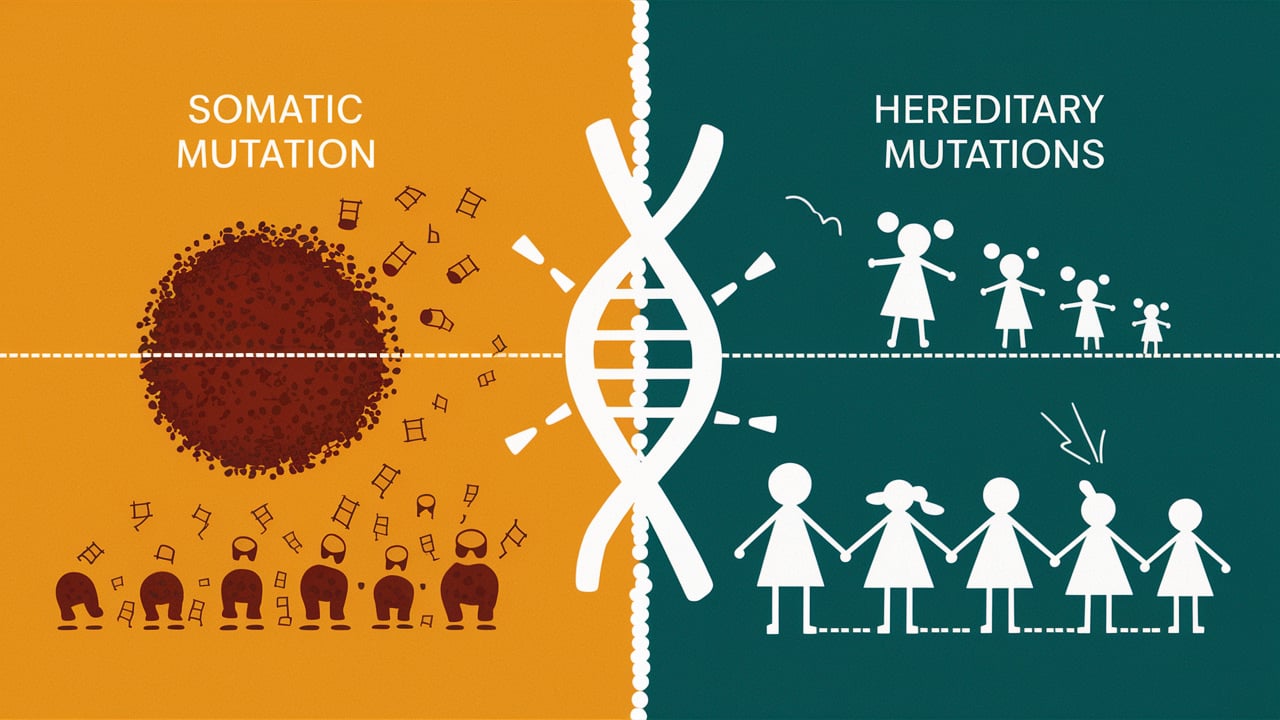

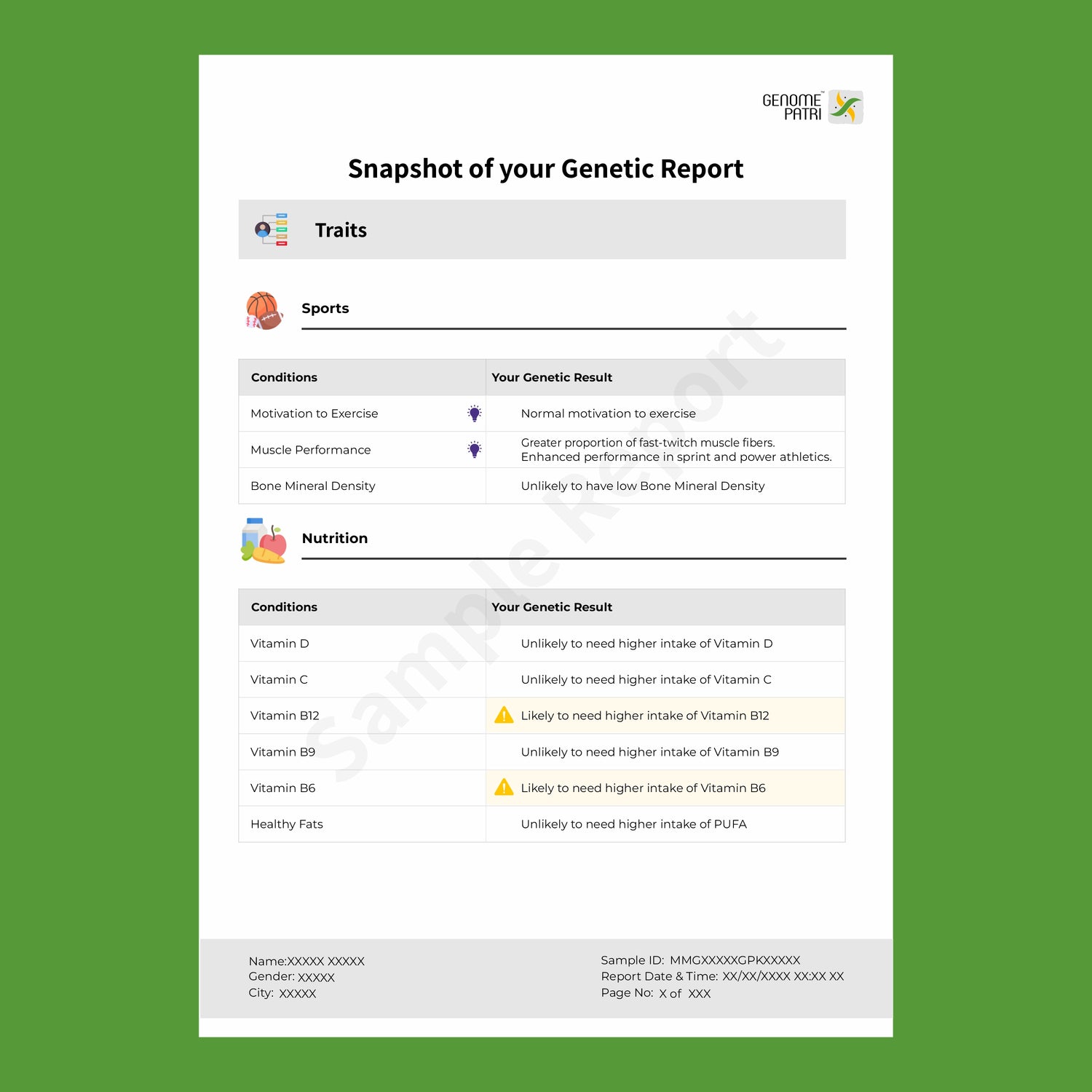
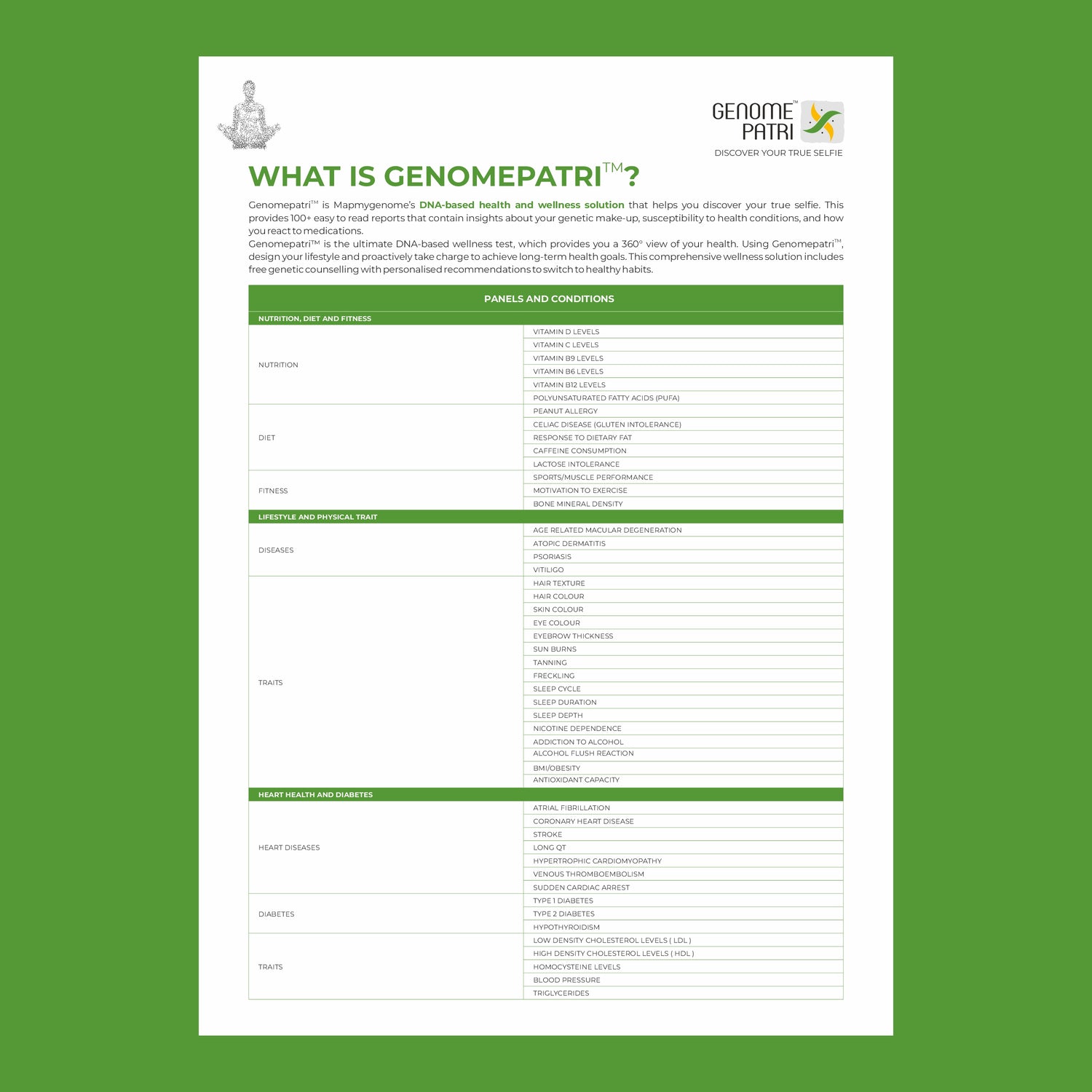
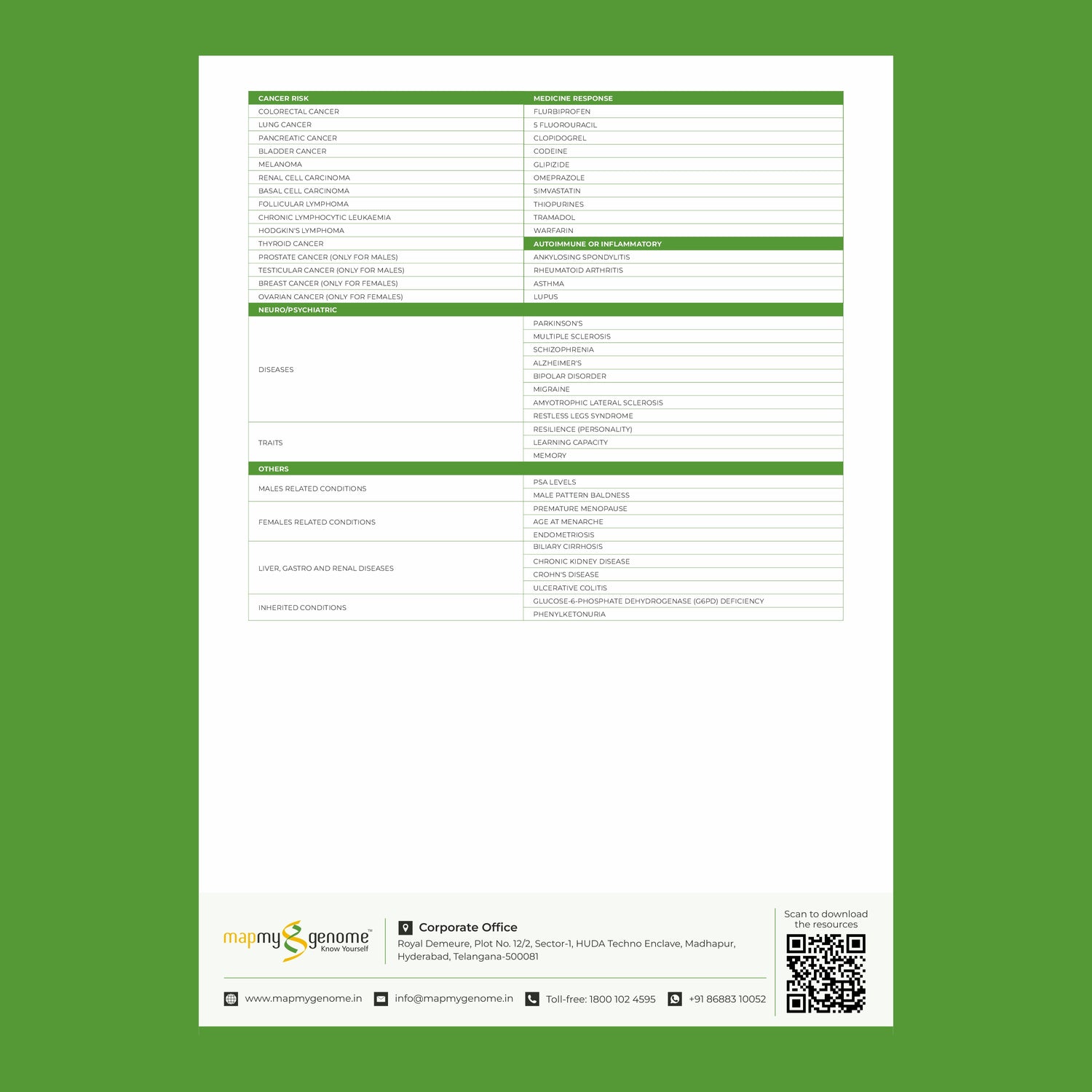


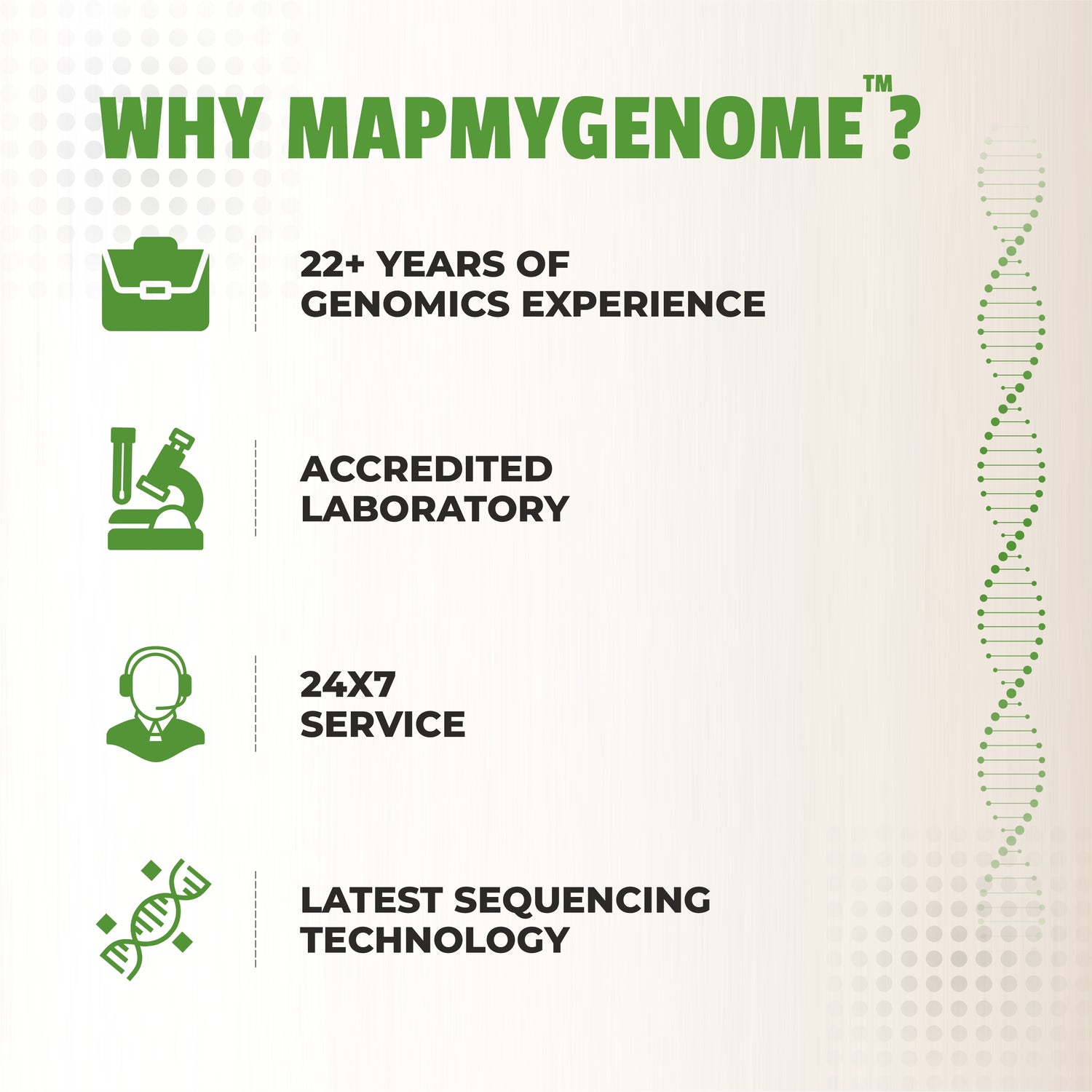


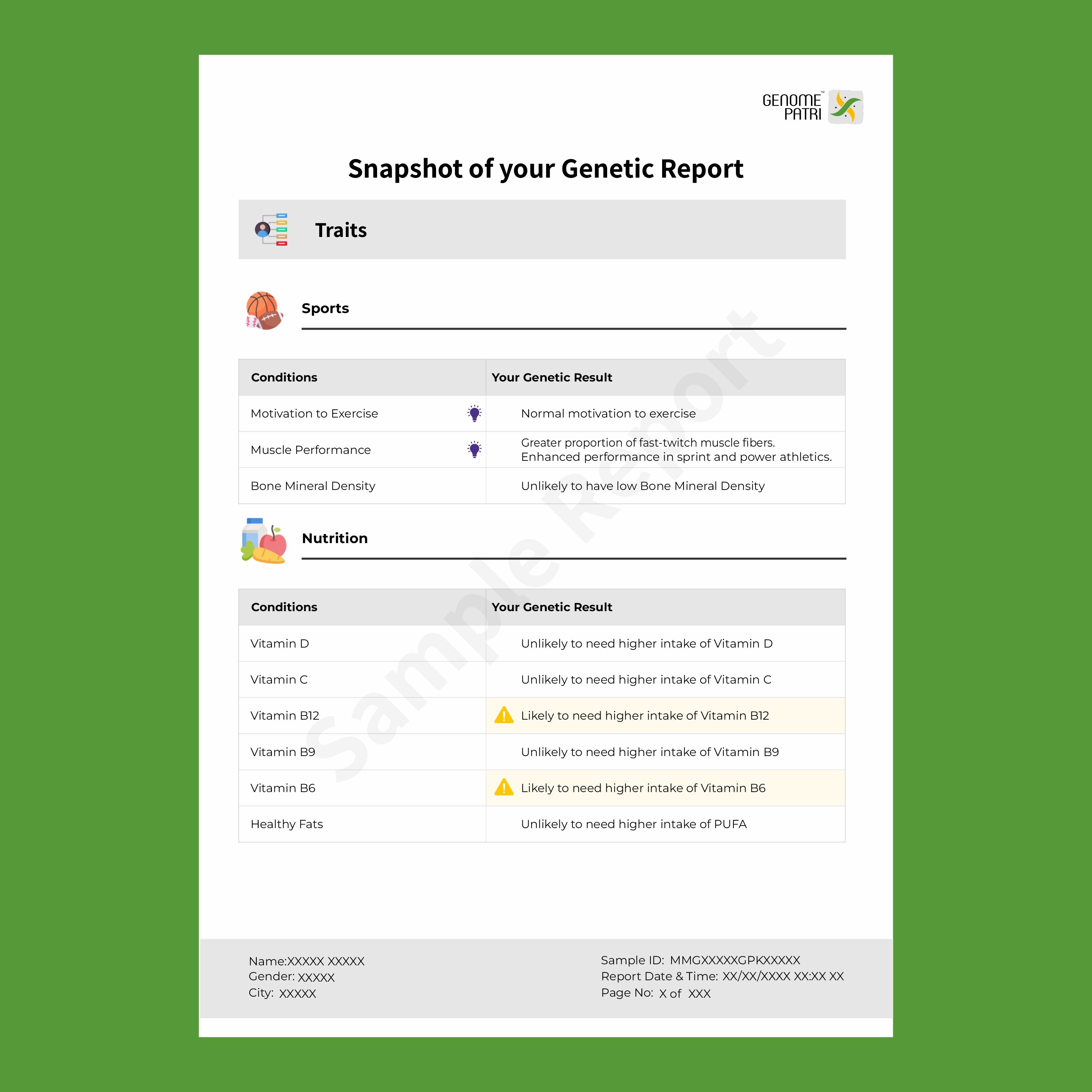
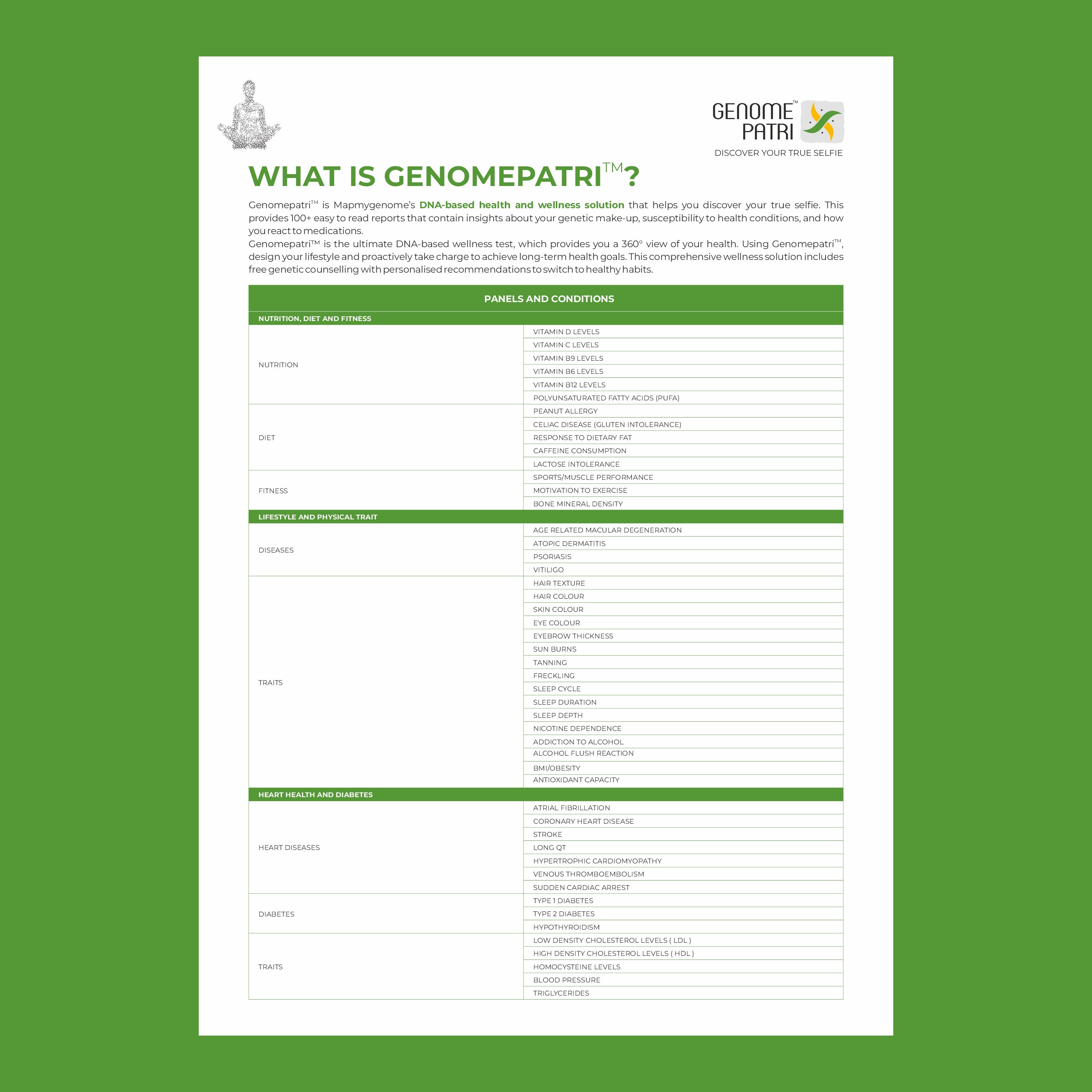
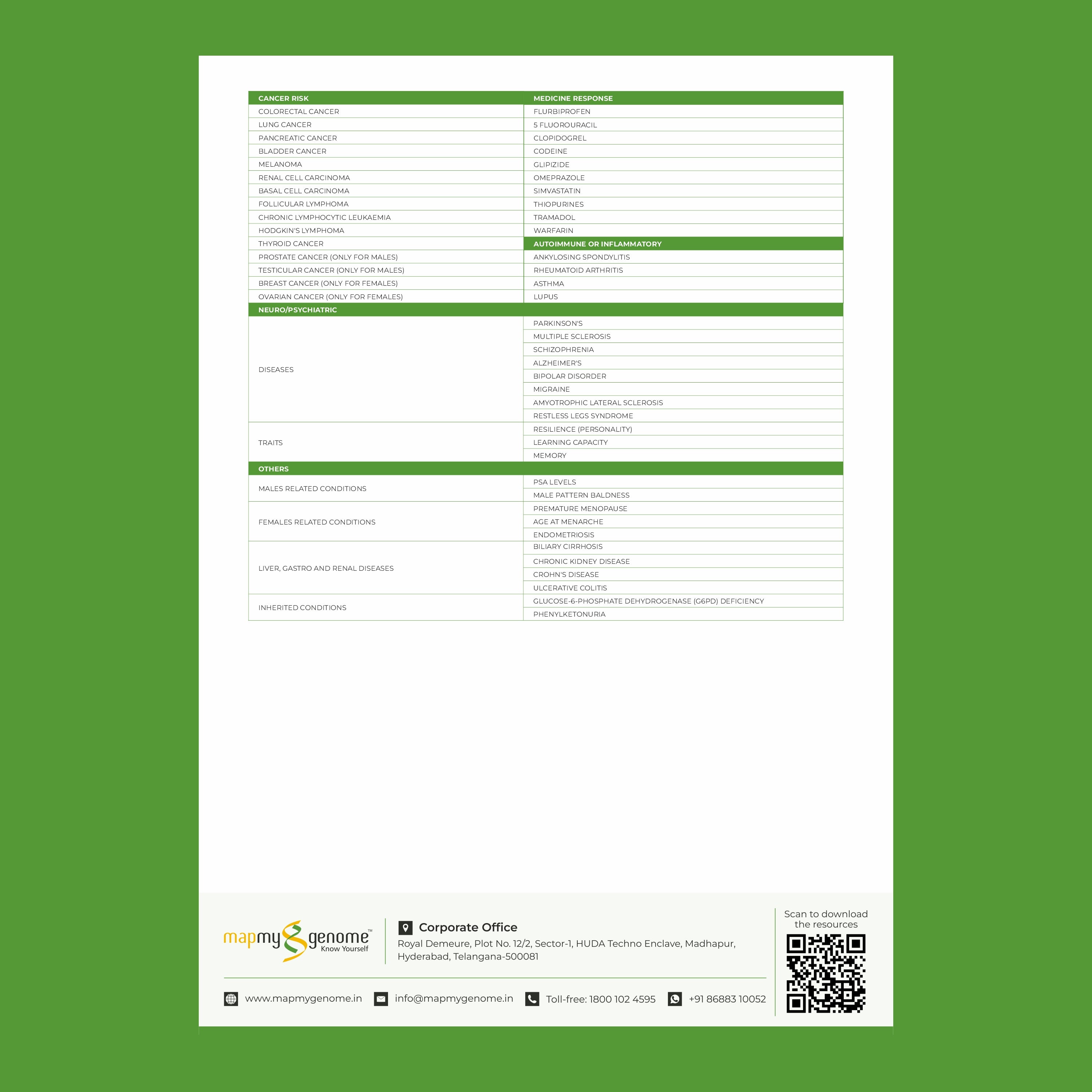
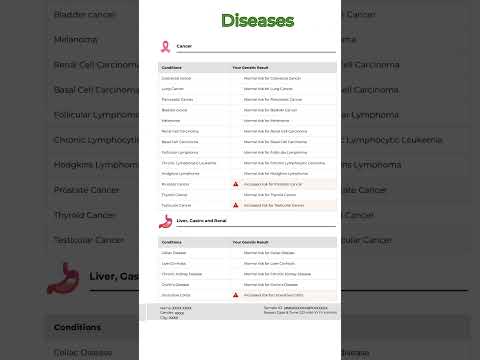
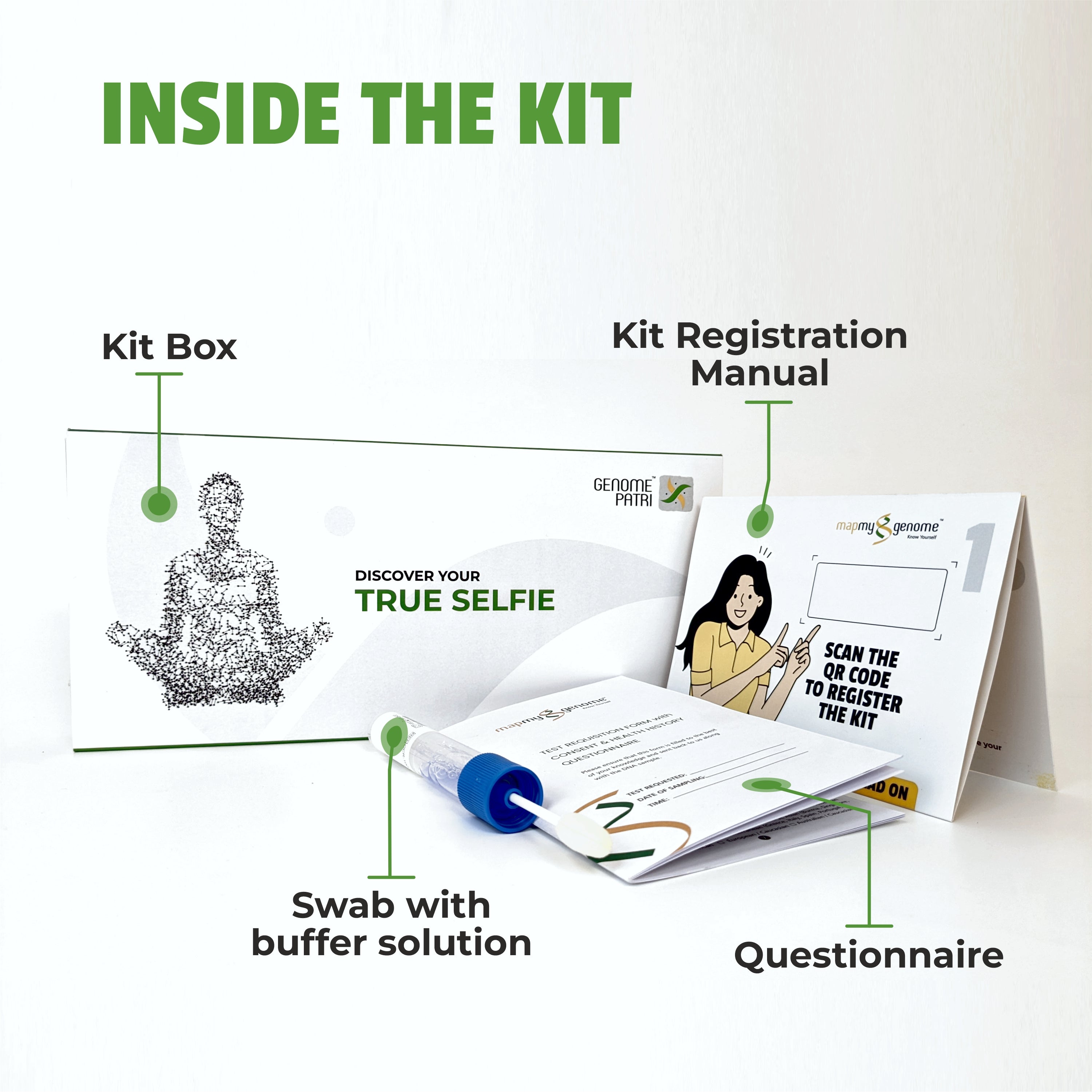
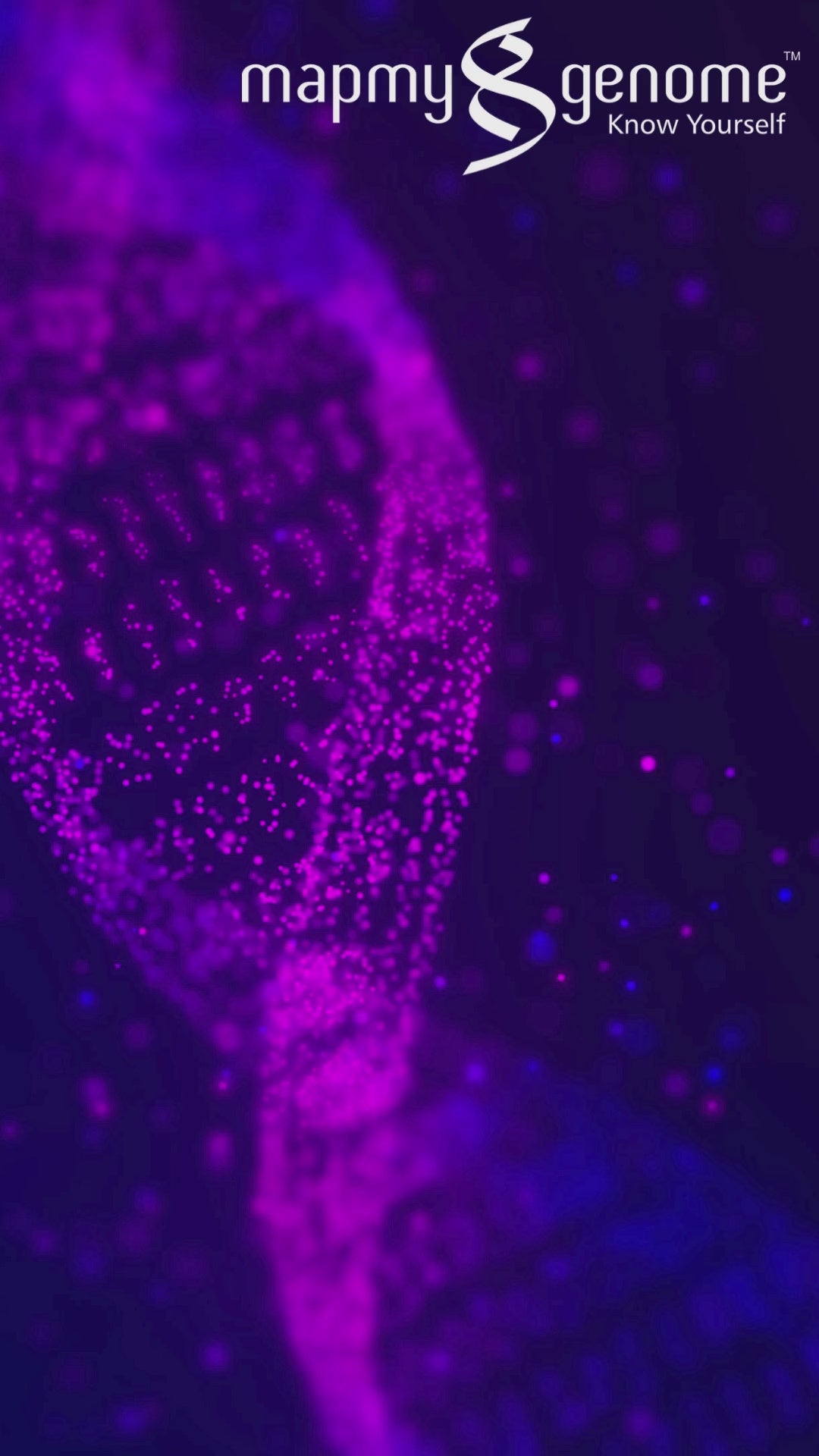
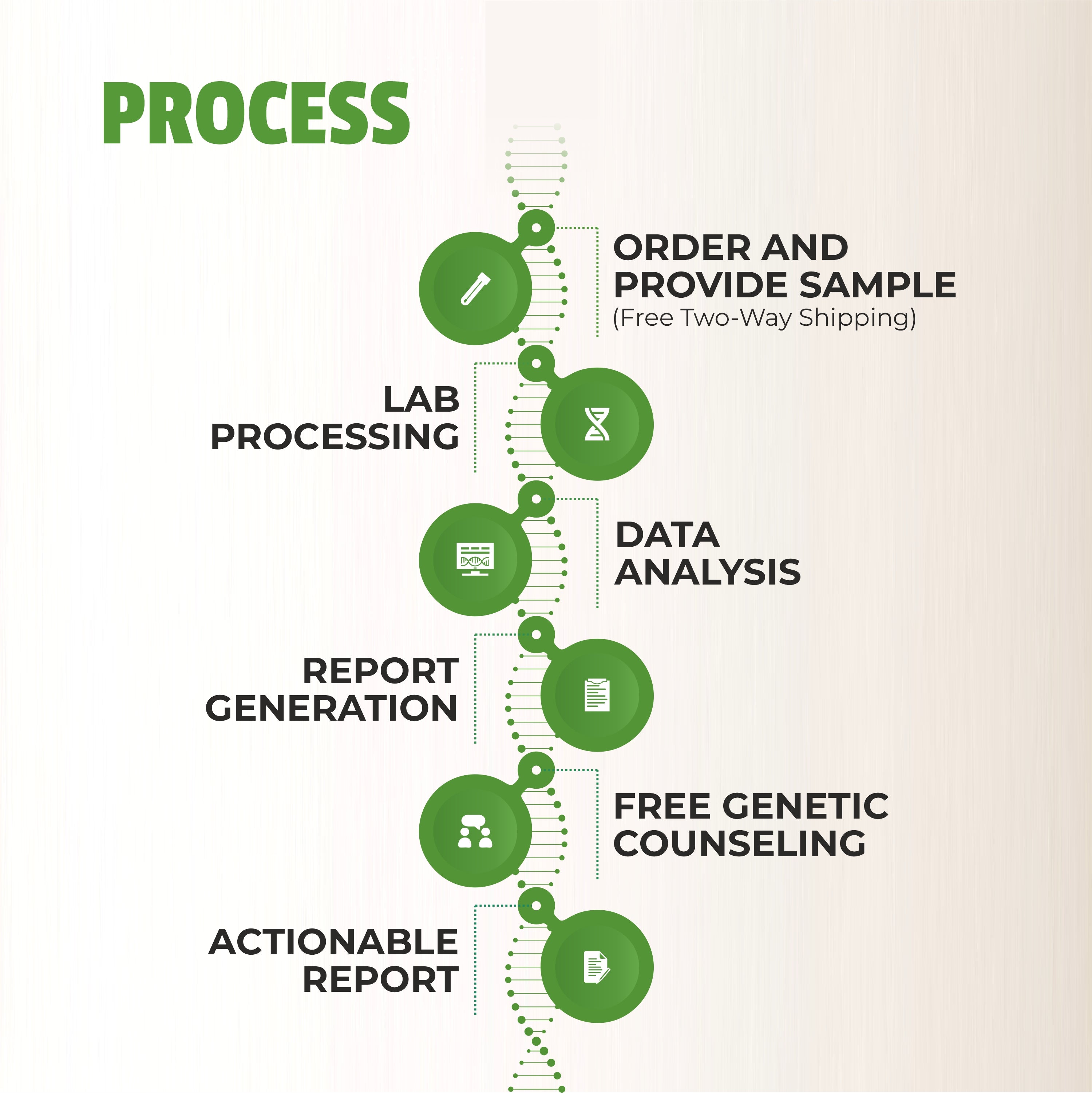
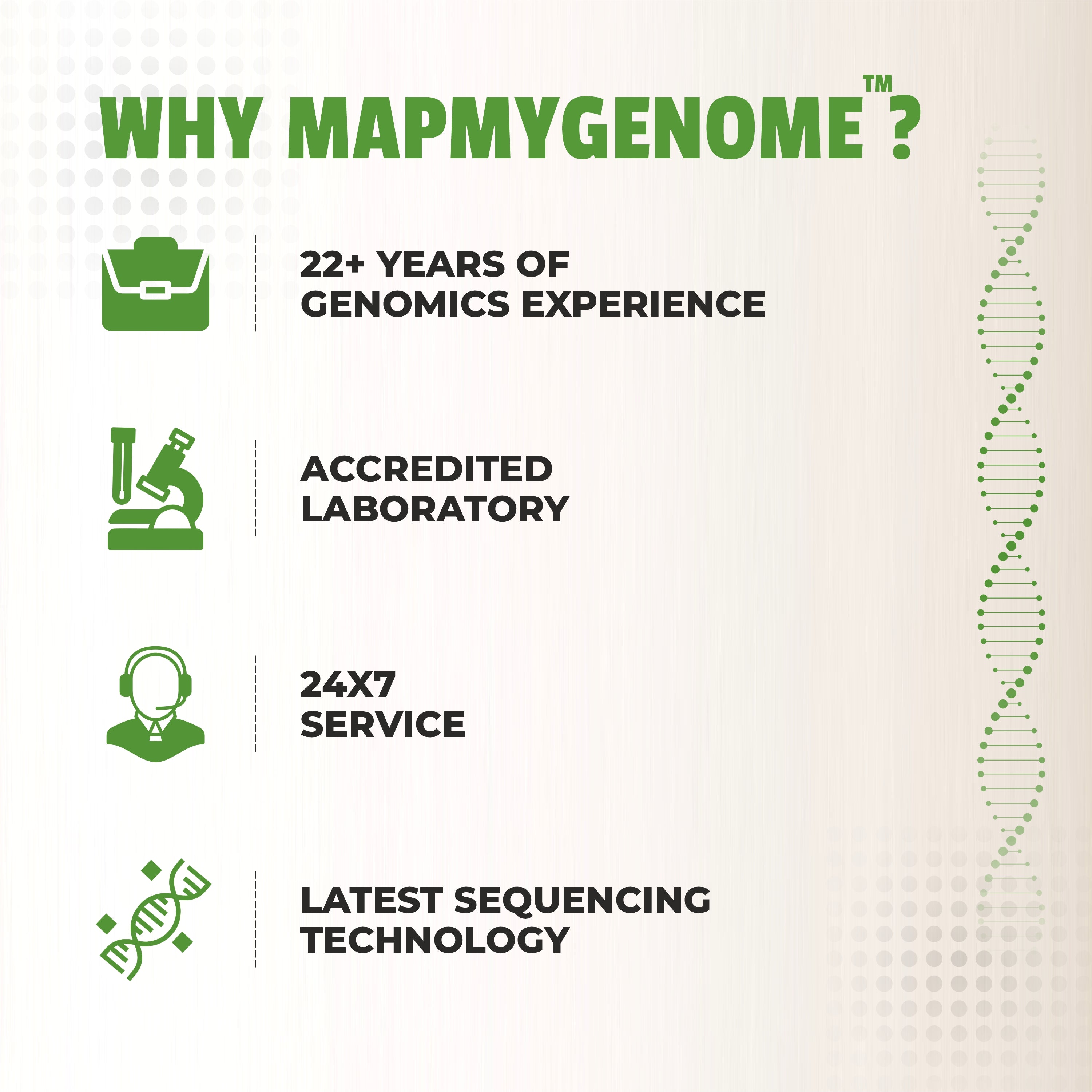




1 comment
So I had an ovarian cancer tumor with both brca2 mutation and TP53. Not germ line issues. My daughters carry no greater risk than the average, correct? Are my risks higher for other cancers? Thx